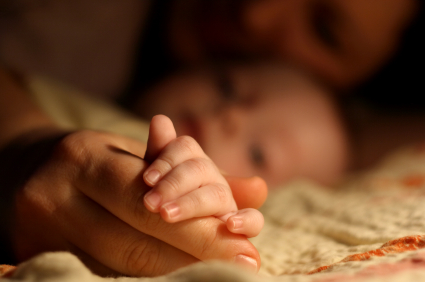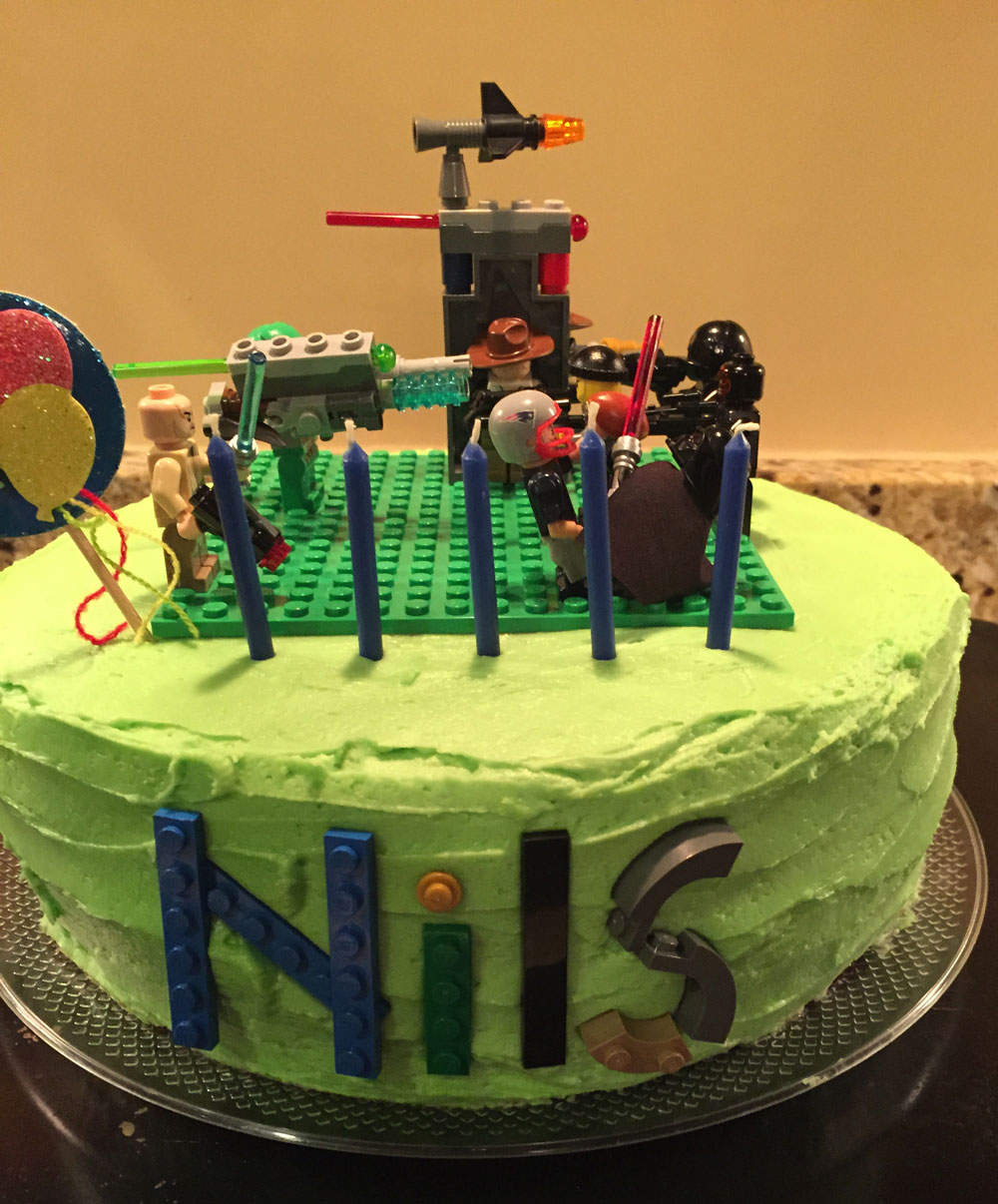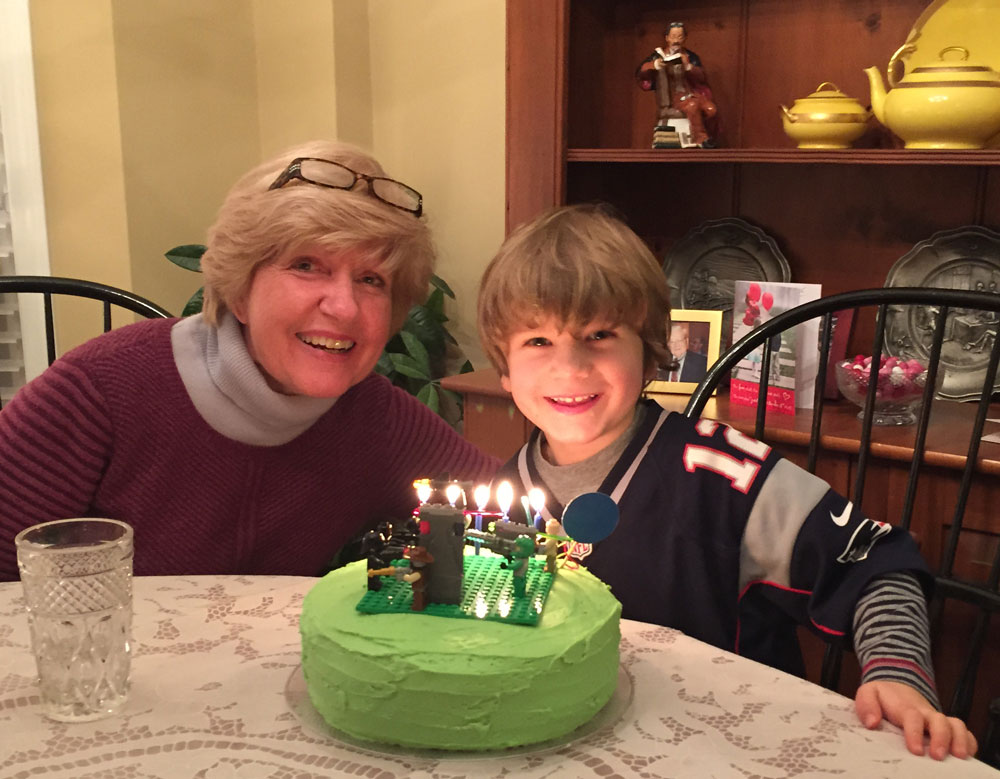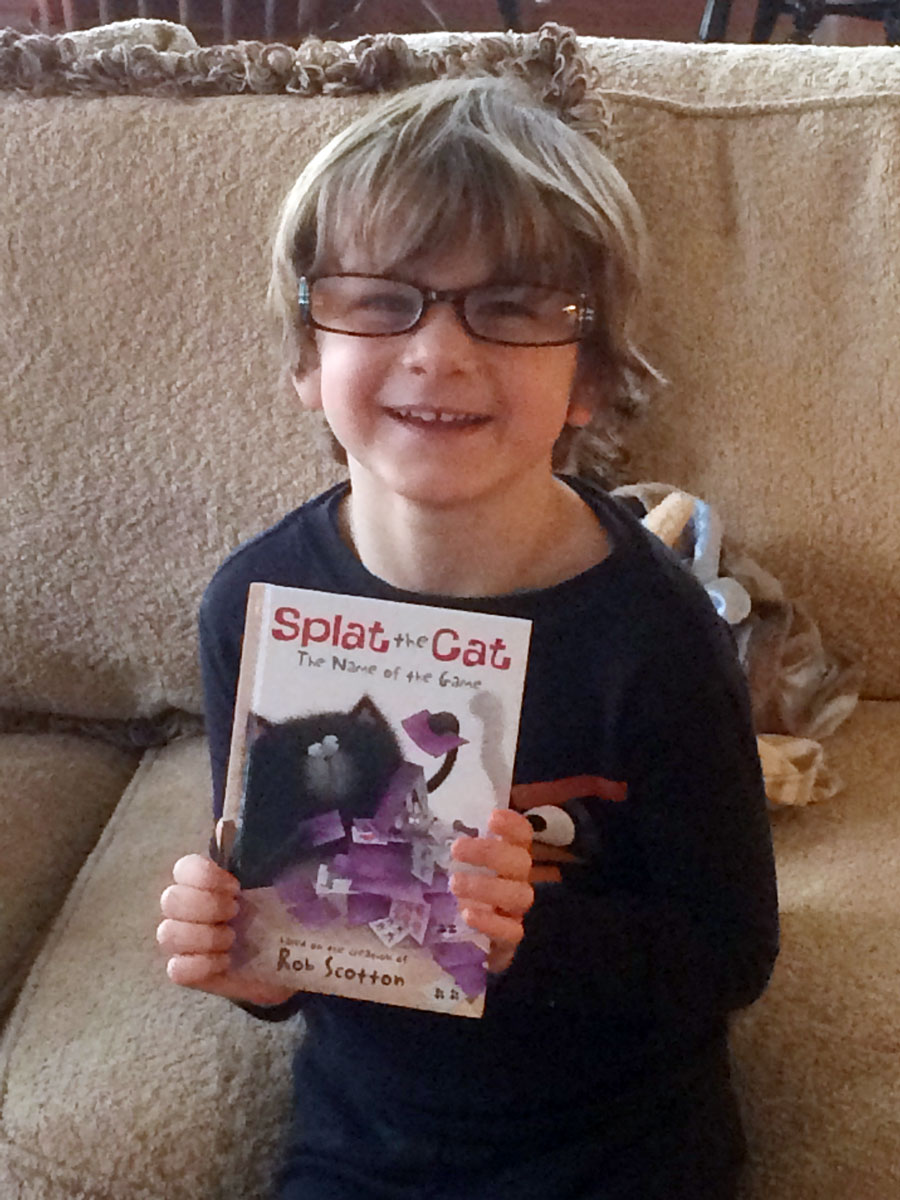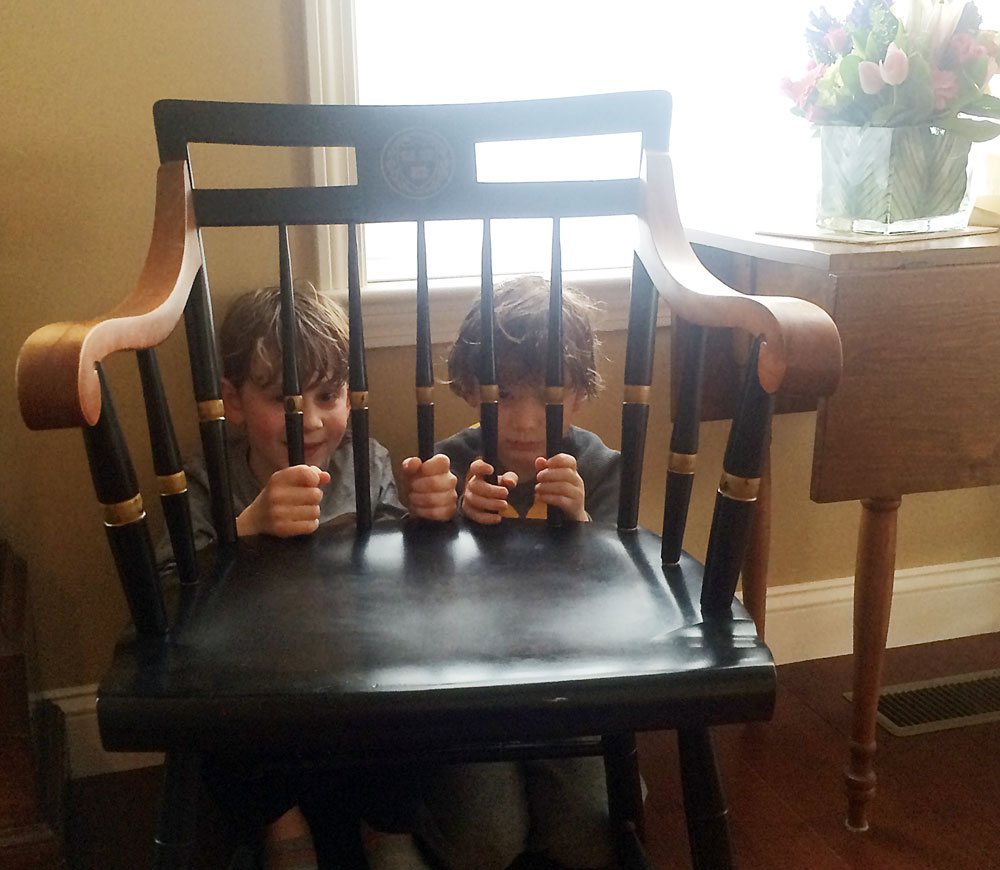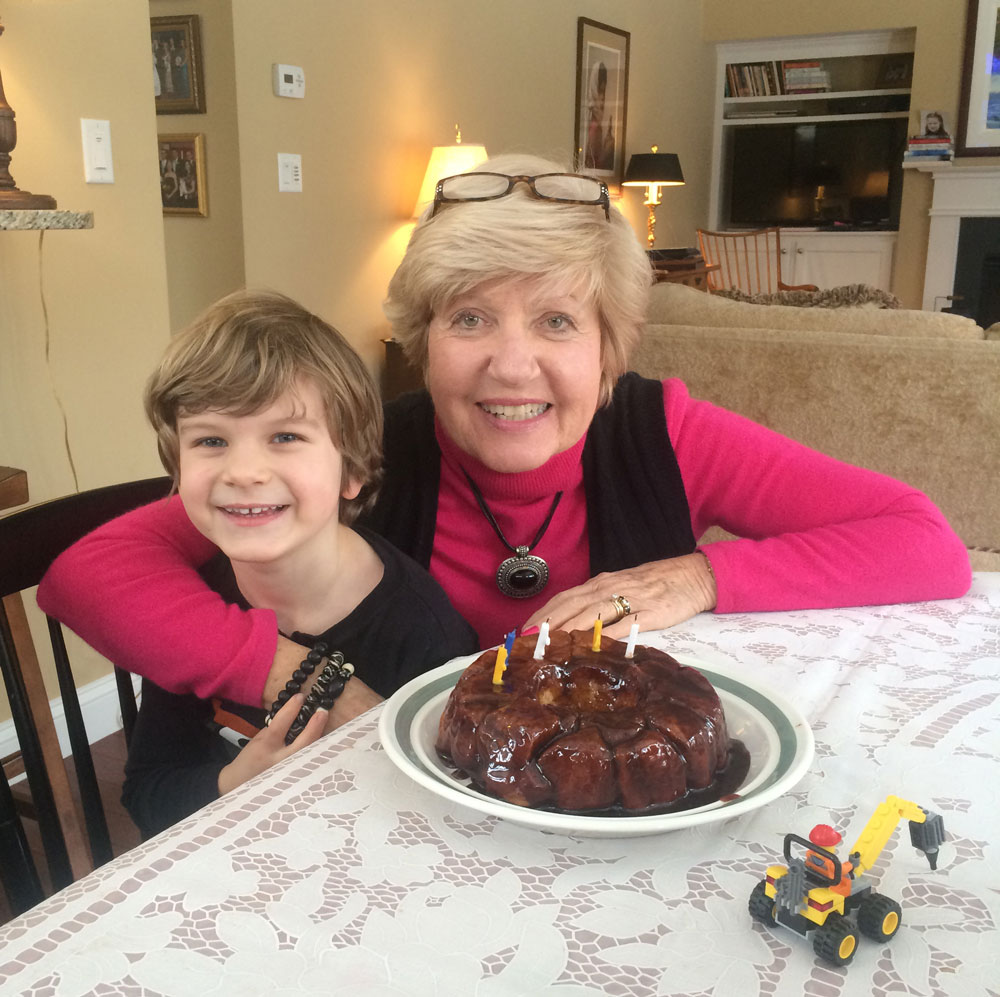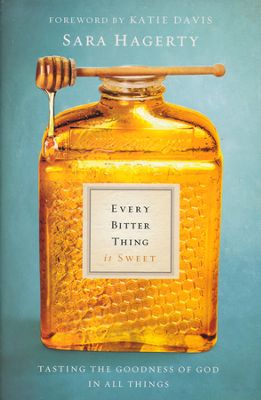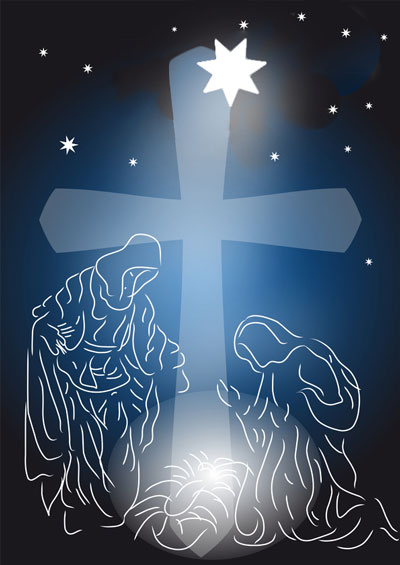That Time of Year
/It’s that time of year again. Malls are full of back-to-school shoppers. TV ads blare back-to-school sales. (I’m reminded of my favorite ad from years gone by: a woman waltzing through a store gathering school supplies for her kids and belting out, “It’s the most wonderful time of the year . . .” ) A daughter-in-law prepares, with a full heart, to send both her kids off to school for the first time. And mom Facebook friends have been posting since early August: “It should be time for them to go back to school by now, right? Right?”
Then there are the conversations. “We just took our first child off to college . . .” “I’m so proud of her . . . but how do you do this?” It’s not the going: The excitement and trepidation and drama of getting ready. Lists checked off. Bedding and supplies gathered. Goodbyes to friends. The iconic packing of the car. The trip down there, with lots of silence in the backseat. The butterflies in the stomach (all stomachs in the car, that is). The trepidations about The Roommate. And then the excitement: New places. New friends. New vistas. Courageous smiles. No, it’s not the going.
It’s the coming home. Without them. Just you and him (if you are fortunate enough to have him). When we took our first son to college, I had just—ironically—finished the lesson on Hannah for our Mom to Mom curriculum. Hannah’s words had been our verse when we dedicated this boy so many years ago: “For this child I prayed . . .” (Read, if you have the courage, the rest in 1 Samuel 1:27-28.) Through the driving rainstorm between here and Williamsburg, Virginia, God gently reminded me: “Did you mean it, Linda? You know, the part about “as long as he lives, he will be lent to the Lord”? Do you think you can trust me with him across state lines?”
Little did I know that was just the beginning. There were two more taking-kids-to-college trips. Then three long (and joyful) aisles to walk down. Deployments and ministry careers and a mission trip that became a life across an ocean. Countless exciting trips to and many long flights from. And there’s Hannah again: Each year she made a special little robe and went to visit her beloved Samuel at the temple where she had committed him to God’s service. “Then they would go home.” (1 Samuel 2:20b) It still gives me chills every time I read it.

I’ve just done it again. Except in reverse. All our kids were here this summer for varying and overlapping visits. Sheer joy. Nana Heaven. Ecstasy, really. We read books together (Nana’s fav) and played games and went to the beach and the pool and ate lots of pizza and ice cream and had cousin sleepovers and celebrated a BIG birthday for the much-beloved Farfar (the grandkids’ name for Woody—it means father’s father in Swedish).

Then they went home. Home to New Hampshire and Virginia—and Ireland. All of them. Home to busy, God-directed (thank you every single minute, Jesus), meaningful lives which give us joy. Great joy. But still, they went home.
So you can imagine how these words hit me from the August 23 reading in Jesus Calling:
“Entrust your loved ones to me; release them into My protective care. They are much safer with Me than in your clinging hands. If you let a loved one become an idol in your heart, you endanger that one—as well as yourself . . .When you release your loved ones to Me, you are free to cling to My hand. . . . My Presence will go with them wherever they go, and I will give them rest.”
Oh yes, and there’s more:
“This same Presence stays with you, as you relax and place your trust in ME. Watch to see what I will do.”
I’m watching.



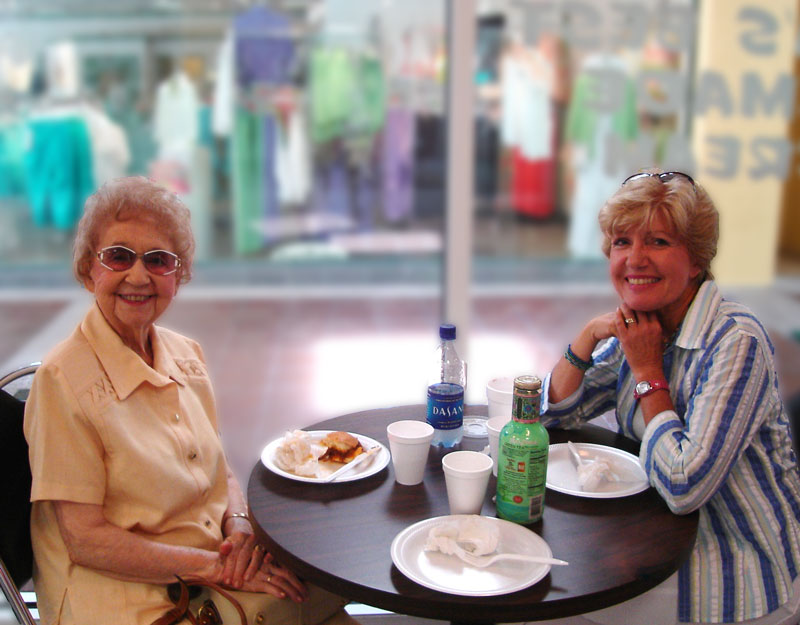 Today’s my mother’s birthday. She would have been 92. She left us quietly from a hospice room one sunny December day in Ft. Myers, Florida, nearly 7 ½ years ago. She was a deep believer, and I know one day I will see her again. So why am I still crying?
Today’s my mother’s birthday. She would have been 92. She left us quietly from a hospice room one sunny December day in Ft. Myers, Florida, nearly 7 ½ years ago. She was a deep believer, and I know one day I will see her again. So why am I still crying?